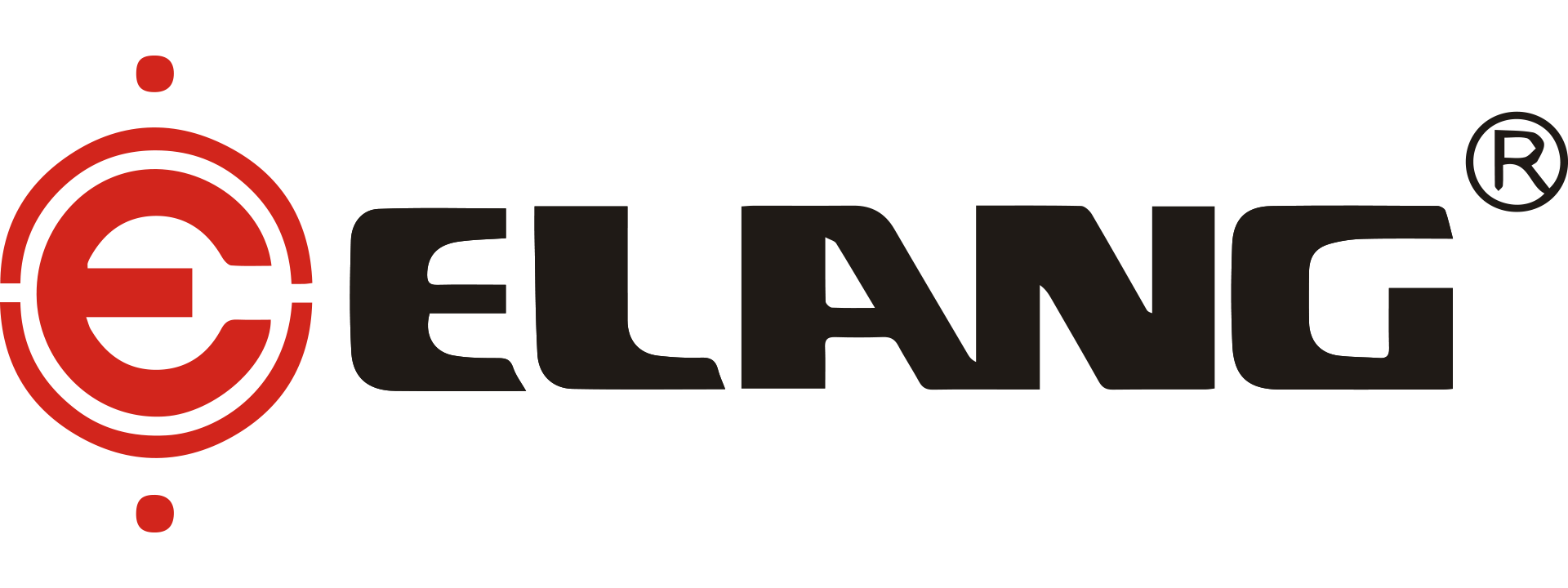Serch the Knowledge Base
04. What are The Advantages and Disadvantages of Screw Air Compressors Compared with Other Types of Air Compressors?
Advantages:
- It is relatively easy to standardize the product specifications. The rotor diameter and shape can remain unchanged while adjusting the length of the screw rotor to meet different airflow requirements. This characteristic helps to reduce manufacturing costs and enhance market competitiveness.
- Similar to reciprocating compressors, it has a wide range of variable discharge pressures.
- The structure of the rotary screw air compressor is not complex, and it performs well in continuous operation. It also reduces the consumption of many expendable parts compared to reciprocating compressors, making maintenance easier.
- The noise level of rotary screw air compressors is relatively high, often exceeding 100 dB(A). Therefore, they must be equipped with sound enclosures, which also contribute to a more aesthetically pleasing impression.
- Throttle control can be utilized.
- Oil-injected rotary screw compressors have good gas sealing properties, while centrifugal compressors cannot achieve 100% gas sealing efficiency at high speeds. Therefore, they are not suitable for compressing gases other than air or nitrogen.
Disadvantages:
- The gap that must exist between the male and female rotors leads to imperfect air tightness, which is the main reason for the poor energy efficiency of oil-free rotary screw compressors. Oil-injected rotary screw compressors address this issue, but the pressure loss caused by the oil filter also increases energy consumption to some extent.
- Oil-free rotary screw compressors have a lifespan of only 3 to 5 years. The technical expertise for replacing or repairing the compressor body is often retained by the original manufacturer. Therefore, the cost of replacing the entire compressor body usually exceeds 60% of the cost of purchasing a new machine, which is a major complaint of users of this type of compressor.
- Oil-injected rotary screw compressors often experience rotor seizing phenomena (mainly due to impurities in the lubricating oil depositing and forming oil scale) after long periods of operation followed by prolonged shutdowns. Backup compressors become unreliable in such situations.
- Oil-injected rotary screw compressors introduce oil into the compressed air, making them unsuitable for use in the food industry.
- Oil-injected rotary screw compressors have higher requirements for lubricating oil quality and require regular oil changes and filter replacements, leading to higher maintenance costs.
